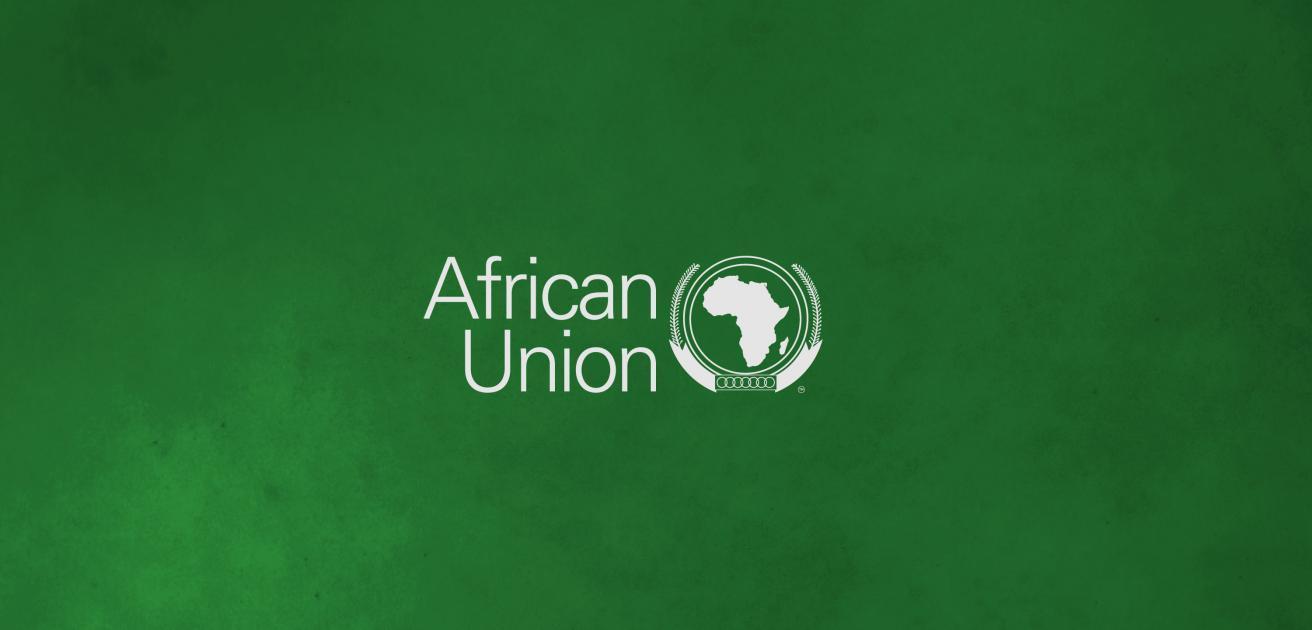African Union and European Union Digital Cooperation: A Step Towards Sustainable Development In Africa

According to the United Nations, European Union has been a largest trading partner of the Africa. Not only EU but China is also enhancing its trade in this region as well. The new digital 2030 joint vision partnership between EU and African Union has recently been announced this year. This partnership is the different one and is done to boost the continent’s digital transformation. China’s trade is growing in Africa day by day, as it is already ahead in digital transformation of Africa. Many people in Africa are already using 3G and 4G networks which are being run by Chinese companies.

Since after the pandemic COVID 19, the importance of digital technologies is realized. It is now important for the survival of any state. Both, European Union and African Union jointly realized that the digital technologies, data and innovation leads towards the creation of opportunities of the jobs and sustainable development. Both sides established the EU-AU Digital Economy Task Force in December 2018, with the goal of developing clear policy proposals and proposing tangible steps to remove the main impediments to digital connectivity. The Task Force’s proposals have inspired the design of cooperation initiatives sponsored by the EU and its Member States, and are repeated in the African Union’s Digital Transformation Strategy for Africa 2020- 2030. EU aims to increase the internet usage in Africa from at least 33 percent to 60 percent.
There is a possibility that this is more of the political interest of the European Union, in order to counter the China’s economic influence in the region but this will positively affect Africa. It will support the digital rights of the African people. It will also create the technical support to improve provincial and global institutions’ capabilities to produce and implement digital transformation programs. It will also provide a platform for African and European stakeholders to share knowledge experiences, skills, and expertise. Dialogues amongst digital ecosystem actors, participatory policymaking alliances will be promoted. Inclusion, productivity, poverty reduction, and job creation can all benefit from digital technologies. Investing in proper rules and regulatory frameworks will allow citizen participation while safeguarding freedoms, rights, and security is necessary to ensure that everybody benefits. The European Union will support a human-centered digital transformation that will help to bridge the digital divide and accomplish the Sustainable Development Goals. Women, rural populations, and youths, in particular, will gain from the digital transformation if they cooperate together. A secure, long-term, and inclusive digitalization has the potential to help the economy recover and become more durable.